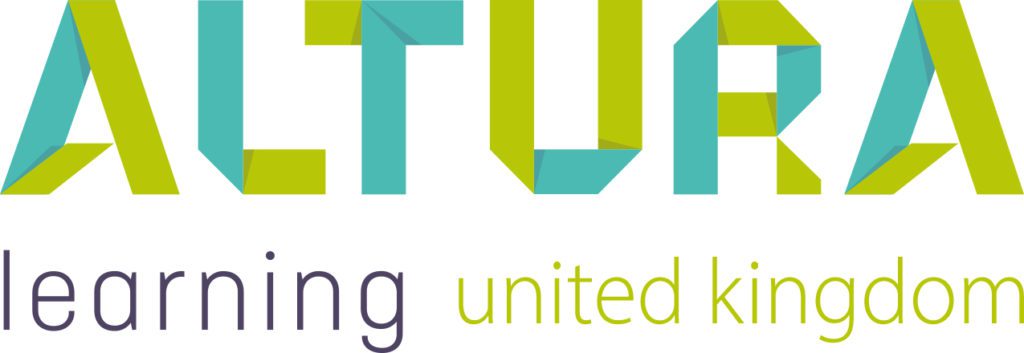There are currently estimated to be over 46 million people worldwide living with dementia. The number of people affected is set to rise to over 131 million by 2050. In fact, research suggests that there is one new case of dementia worldwide every three seconds.
Dementia is a syndrome – usually of a chronic or progressive nature – in which there is deterioration in cognitive function (i.e. the ability to process thought) beyond what might be expected from normal ageing. The symptoms of dementia may include problems with memory loss, thinking speed, mental sharpness and quickness, understanding, mood, movement, difficulties doing daily activities, language (such as using words incorrectly or trouble speaking), and judgement.
Dementia can be the result of a variety of diseases and injuries that primarily or secondarily affect the brain, such as Alzheimer’s disease or stroke. Alzheimer’s disease is the most common form of dementia and is thought to contribute to as many as 60-70% of all cases.
-

Residential Care
Dementia: Responding to Changes in Behaviour
Available Now

-


Residential Care
Dementia: An Introduction
Available Now











-


Residential Care
Dementia: Documenting Changes in Behaviour
Available Now











-

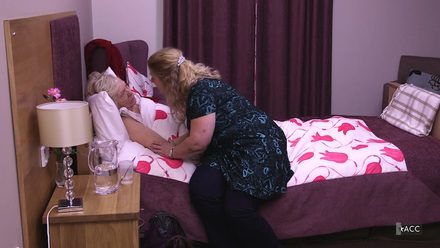
Residential Care
Dementia: End Stage of Life
Available Now











-


Residential Care
Dementia: Engaging the Person in Meaningful Activities
Available Now











-

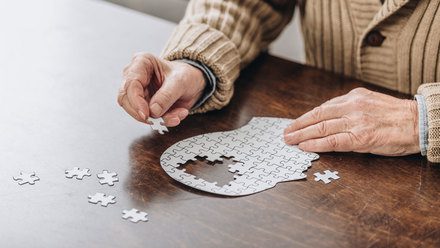
Home Care
Dementia: How to Respond to Behaviours
Available Now











-

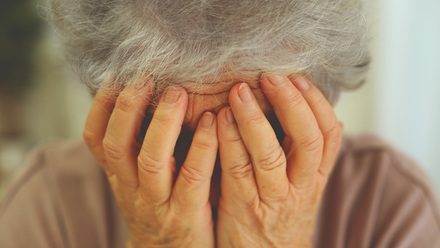
Residential Care
Dementia: De-escalation Strategies
Available Now











-


Residential Care
Dementia: Supporting Sleep
Available Now











-


Home Care
Dementia: Understanding Behaviours
Available Now











-

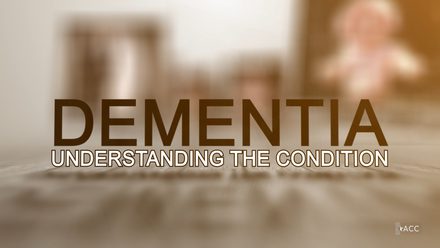
Home Care
Dementia: Understanding the Condition
Available Now











